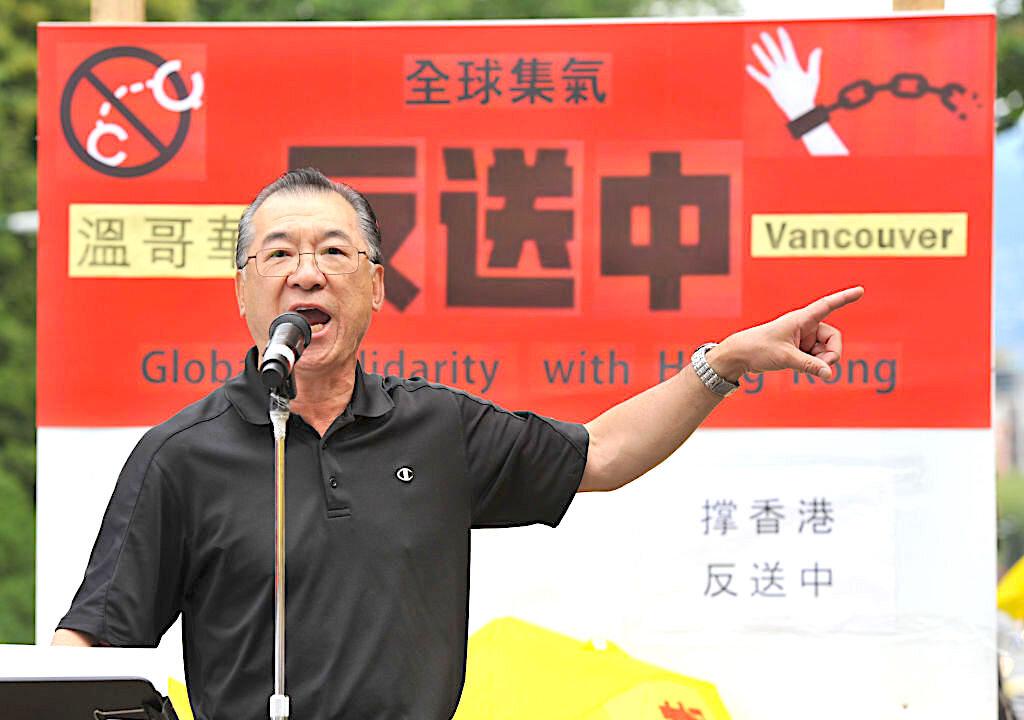Chinese-Canadian democracy activist and author Sheng Xue says she receives messages about friends missing or arrested in China nearly every day.
Though she says she feels both “lucky and guilty” to live in a free country like Canada, having left China after the Tiananmen Square massacre, it has not sheltered her from the wrath of Beijing. And as the vice-president of the Federation for a Democratic China and an outspoken critic of the Chinese Communist Party (CCP), she is a natural target.





